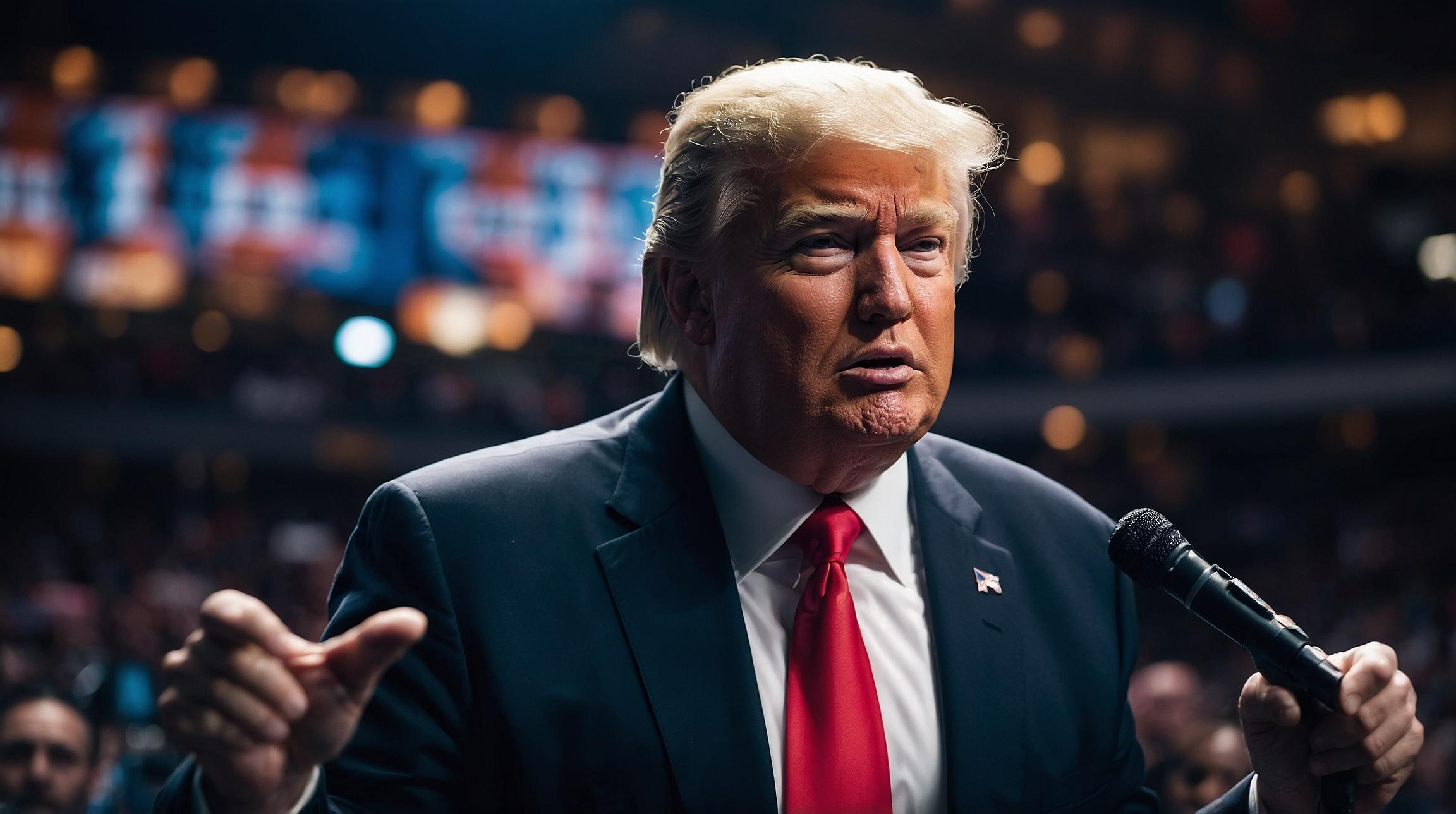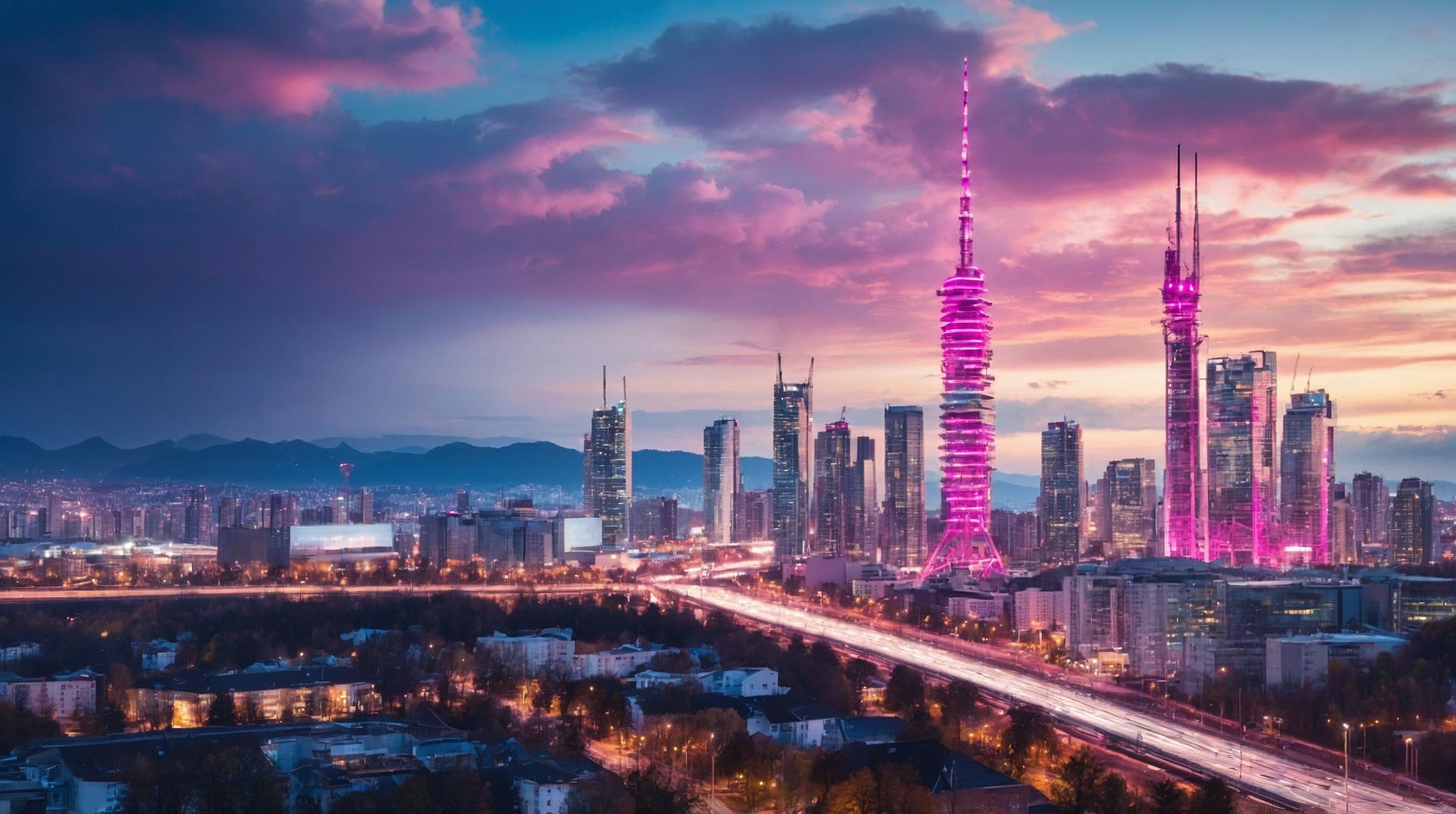Trump's Bitcoin Stockpile Plan Stirs Debate in Cryptoverse
"Never sell your bitcoin," Donald Trump told a cheering crowd at a crypto convention in Nashville, Tennessee, in late July. The Republican presidential candidate's speech aimed to court crypto-focused voters ahead of the November election, promising a state bitcoin reserve.
Trump's proposal is quite ambitious: "If elected, it will be the policy of my administration to keep 100% of all the bitcoin the U.S. government currently holds or acquires into the future," Trump said. He added that these funds would serve as the "core of the strategic national bitcoin stockpile."
Competing Proposals
Trump is not alone in his vision. U.S. Senator Cynthia Lummis has introduced legislation for the U.S. government to purchase 1 million bitcoin, around 5% of the total supply. Meanwhile, independent candidate Robert F Kennedy Jr has suggested an even larger stockpile of 4 million bitcoin.
Current Holdings and Potential Uses
The U.S. government already holds a significant amount of bitcoin. According to data firm Arkham Intelligence, this totals around $11.1 billion worth and includes 203,239 bitcoin tokens. Much of this came from criminal seizures, including from the infamous online marketplace Silk Road, which was shut down in 2013.
At current levels, the U.S. holds about 1% of the overall global bitcoin supply, which stands at about 19.7 million tokens according to Blockchain.com. Bitcoin's total supply is capped at 21 million coins.
Comparing with Non-State Investors
To give some perspective, Michael Saylor's Microstrategy holds around 226,500 bitcoin tokens. Other major players like BlackRock's iShares Bitcoin Trust and Grayscale Bitcoin Trust hold 344,070 and 240,140 tokens respectively, according to BitcoinTreasuries.
Market Impact and Concerns
A government bitcoin stockpile could prop up bitcoin's price. "It would have a positive impact on price. It would have to because we've never had such a limited supply commodity, albeit digital, assume a new state of a reserve asset," said Mark Connors, head of global macro at Onramp Bitcoin.
However, such a reserve would mean fewer tokens for crypto investors to trade with. It could pose risks if the government decided to sell part of its reserves. "RFK talked about having 19% of bitcoin, the same amount of the gold supply – I can't imagine a single bitcoiner would be happy about that," Connors added. Other countries, like China, also hold substantial bitcoin reserves, with 190,000 coins.
Uncertain Future
While the idea of a national bitcoin reserve remains uncertain, crypto enthusiasts are keen to see what form it could take. Connors suggested the Federal Reserve could manage the reserves for the Treasury Department, similar to how it handles gold. Another possibility is a setup akin to the Strategic Petroleum Reserve, where both the president and Congress have varying control levels.
There's an irony here that many true bitcoin believers find unsettling: a digital asset designed to be decentralized and free from government control potentially becoming part of a state reserve.
The Bigger Picture
Regardless of the outcome, it's clear that crypto is becoming a significant campaign talking point. Raoul Mewawalla, CEO of Mawson Infrastructure Group, which operates data centers for bitcoin mining, said, "The expectation is that will continue post-November."
Thus, the debate around a U.S. bitcoin stockpile is just one part of the evolving relationship between digital assets and mainstream politics.













